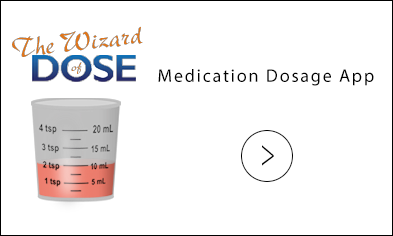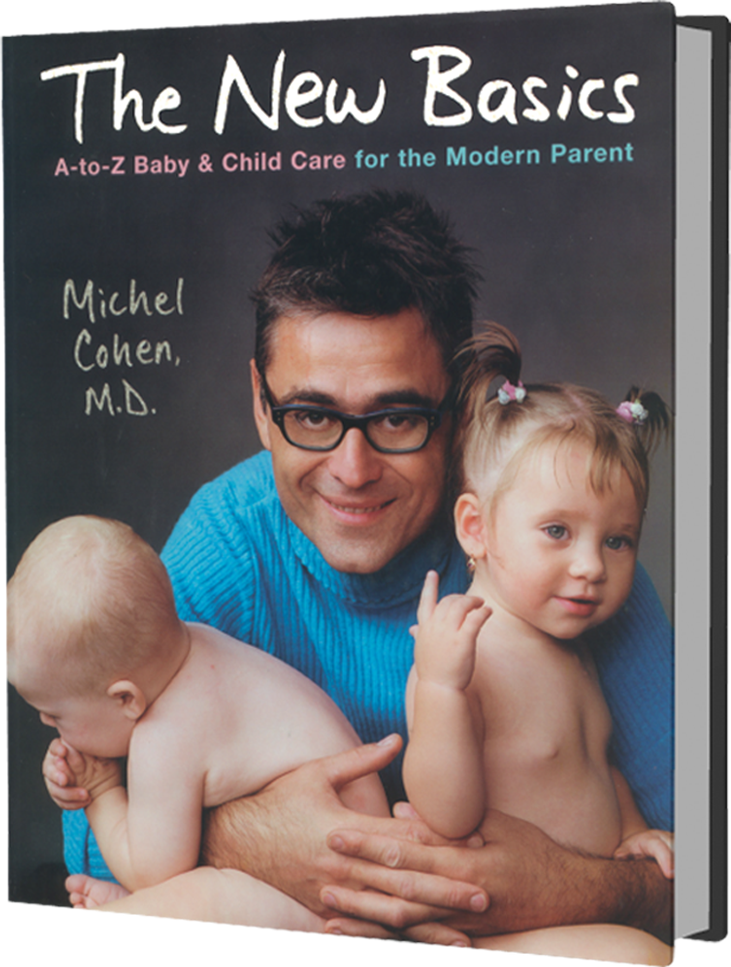
Autism Spectrum Disorder (ASD)
Autism Spectrum Disorder (ASD) is a developmental disability that is believed to be caused by a number of biologic, environmental, and genetic factors. Autism is sometimes difficult to diagnose but screening efforts, clinical suspicion, and increased awareness have assisted in earlier diagnosis. The earlier that children are identified at risk for ASD, the sooner they can be connected to services and support.
Many children with ASD show developmental differences when they are babies—especially in their social and language skills. Because they usually sit, crawl, and walk on time, less obvious differences in the development of body gestures, pretend play, and social language often go unnoticed. Children with ASD can have problems with social communication and interaction, and restricted or repetitive behaviors or interests. People with ASD may also have different ways of learning, moving, or paying attention. It is important to note that some people without ASD might also have some of these symptoms. But for people with ASD, these characteristics can make life challenging.
Although ASD presents challenges, when we embrace and celebrate different ways of thinking and doing, we can reveal the power that neurodiversity brings. Individuals with ASD can have extraordinary attention to detail, deep focus, and resilience. They can excel at long term memory and recognizing patterns. Approaching situations with a unique thought process or distinctive imagination can yield innovative solutions and ideas.
All children, per American Academy of Pediatrics’ recommendations, receive a formalized ASD screening at their 18 and 24 month visits, in addition to routine developmental surveillance and screening. This type of screening can help to identify children with significant developmental and behavioral challenges earlier.
Early intervention can improve learning, social and communication skills. It is important to note that screening is not equivalent to diagnosis. If your child has a positive screen for ASD, it does not mean he or she will be diagnosed with Autism. If your child screens normally, but you continue to be concerned about ASD, don’t be shy; not all screening tests identify all children with ASD. The best thing to do is speak to your provider.




 MEDICATION DOSAGE
MEDICATION DOSAGE

